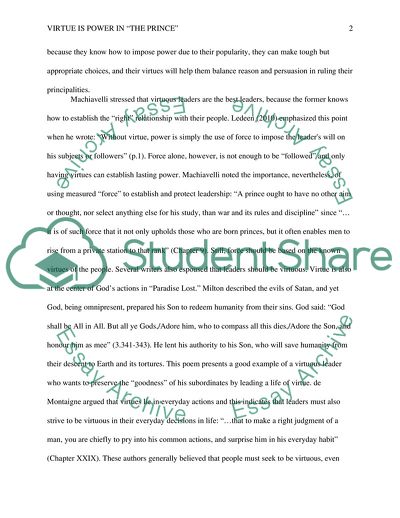Cite this document
(Literature and the Individual in Early Modern Masterpieces Paper Essay, n.d.)
Literature and the Individual in Early Modern Masterpieces Paper Essay. Retrieved from https://studentshare.org/literature/1756115-literature-and-the-individual-in-early-modern-masterpieces-paper
Literature and the Individual in Early Modern Masterpieces Paper Essay. Retrieved from https://studentshare.org/literature/1756115-literature-and-the-individual-in-early-modern-masterpieces-paper
(Literature and the Individual in Early Modern Masterpieces Paper Essay)
Literature and the Individual in Early Modern Masterpieces Paper Essay. https://studentshare.org/literature/1756115-literature-and-the-individual-in-early-modern-masterpieces-paper.
Literature and the Individual in Early Modern Masterpieces Paper Essay. https://studentshare.org/literature/1756115-literature-and-the-individual-in-early-modern-masterpieces-paper.
“Literature and the Individual in Early Modern Masterpieces Paper Essay”. https://studentshare.org/literature/1756115-literature-and-the-individual-in-early-modern-masterpieces-paper.


